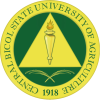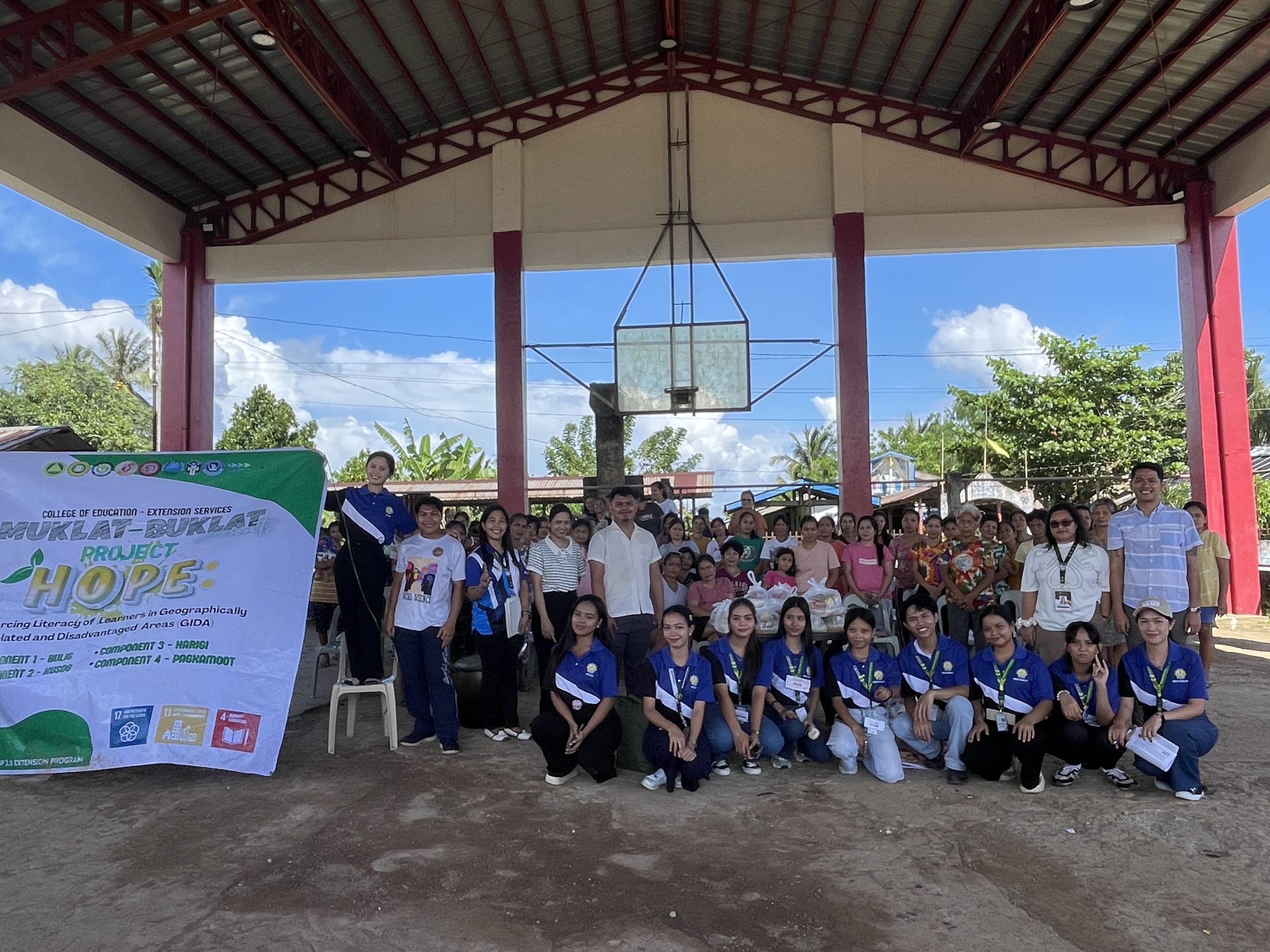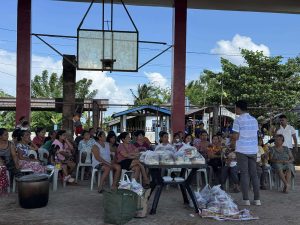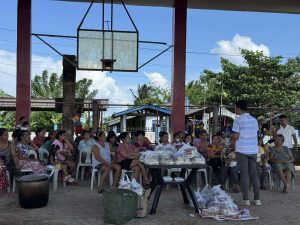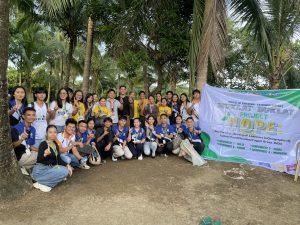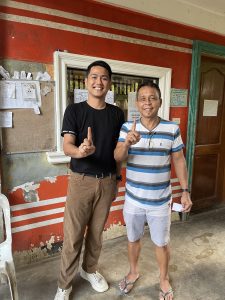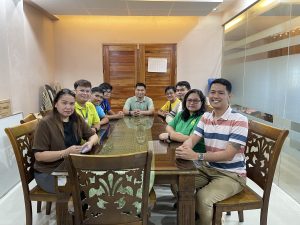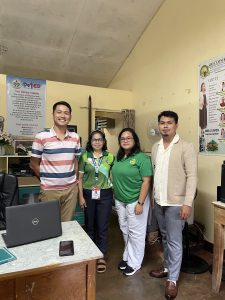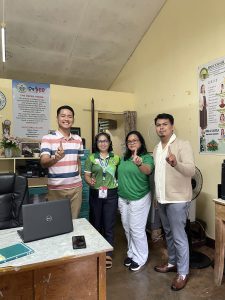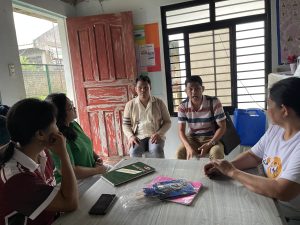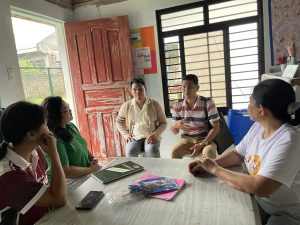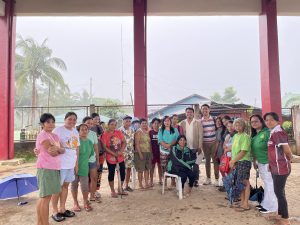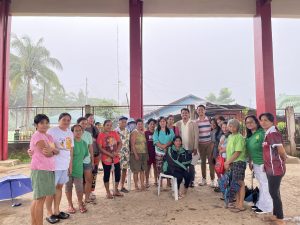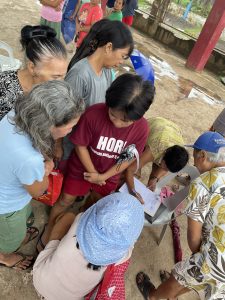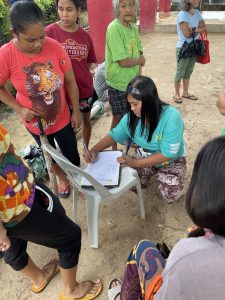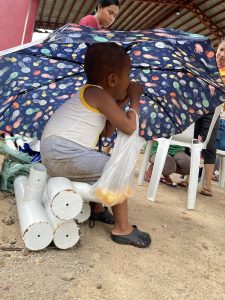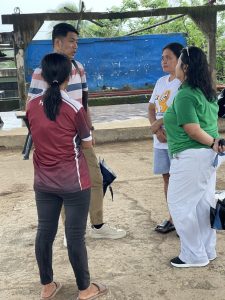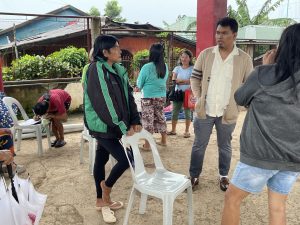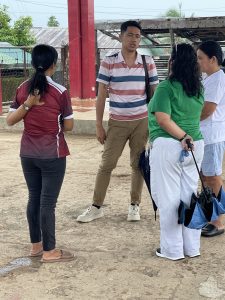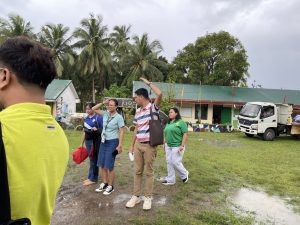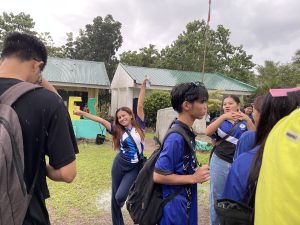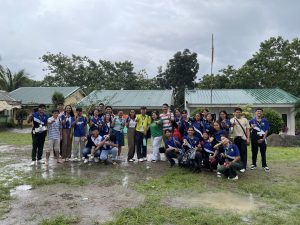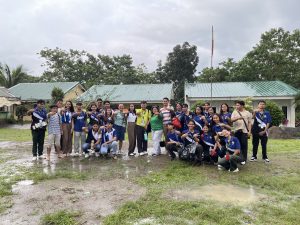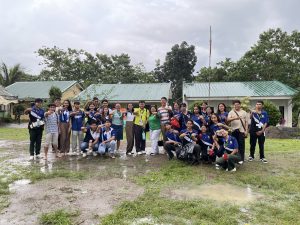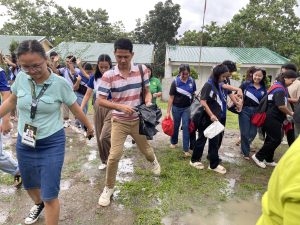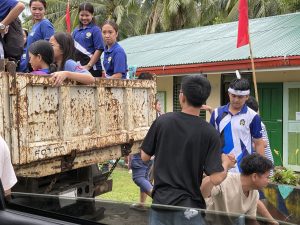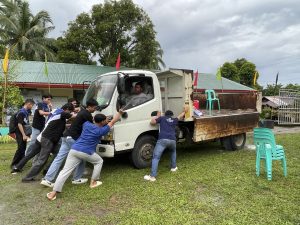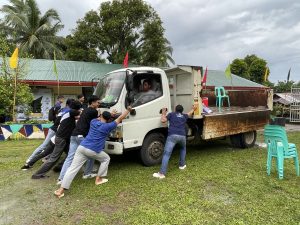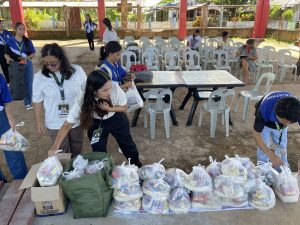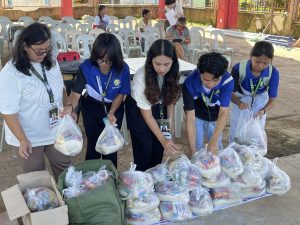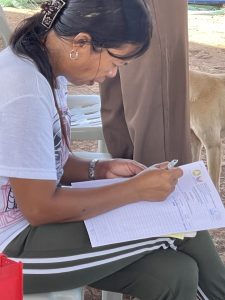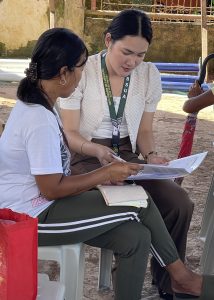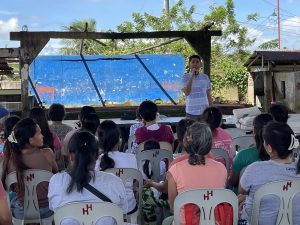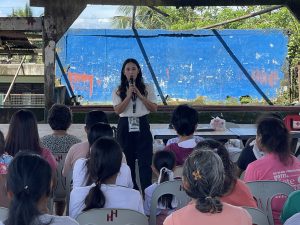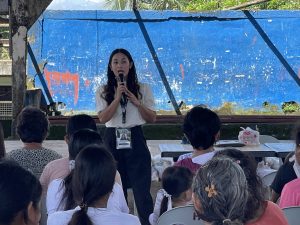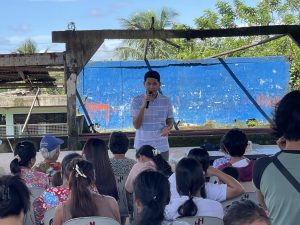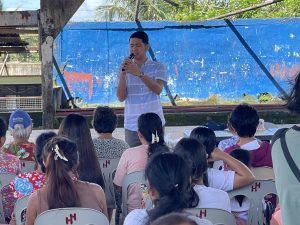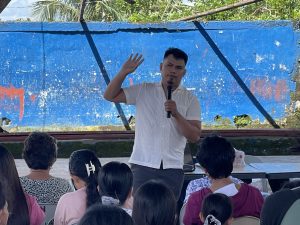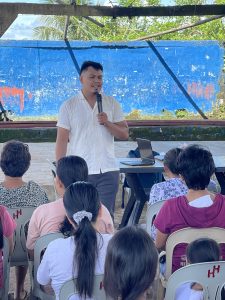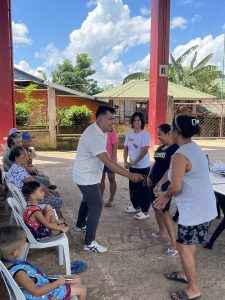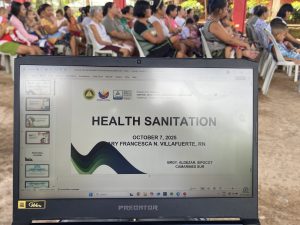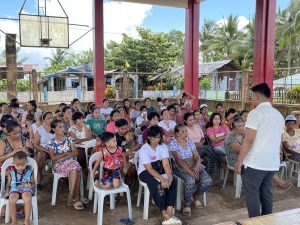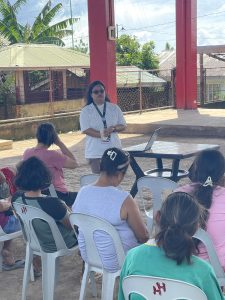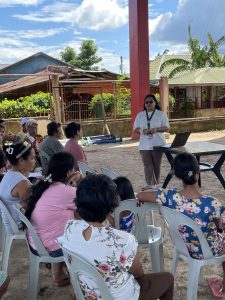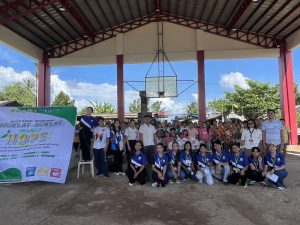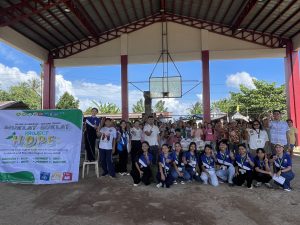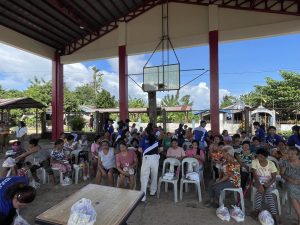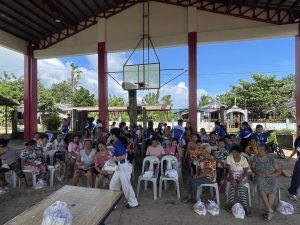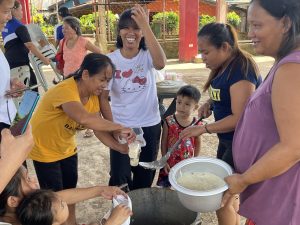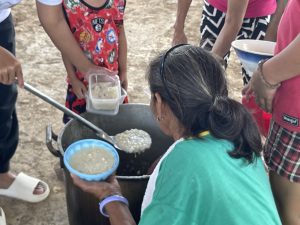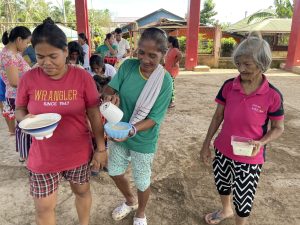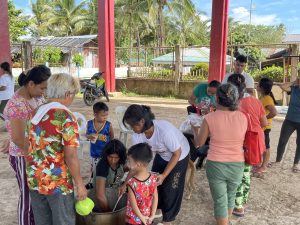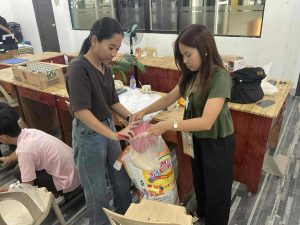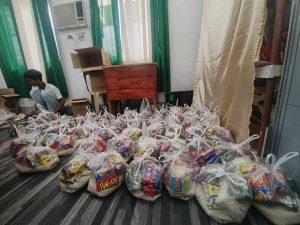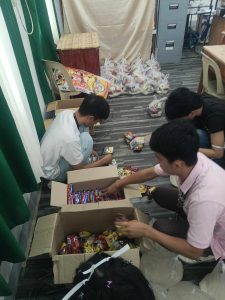In a continuing effort to bring literacy, health, and wellness closer to the community, the College of Education of the Central Bicol State University of Agriculture – Sipocot Campus successfully launched Project H.A.R.I.G.I. (Harnessing Active Roles of Individuals for Growth and Informed Parenting), a key component of Project HOPE under the PAGSIKAP 2.0 Extension Program.
The initiative, conducted in collaboration with the Extension Services Unit, the University Infirmary, the Rural Health Unit of Sipocot, through its Barangay Health Workers, and the Local Government of Sipocot, was held in selected barangays of the municipality as part of the university’s mission to extend learning beyond the classroom and into the heart of communities.
Addressing the Roots of Literacy and Learning Gaps
The word “Harigi,” meaning “pillar” in Bicolano, symbolizes the program’s vision—to strengthen parents as the central foundation of children’s education and growth. Project HARIGI was conceptualized in response to the growing concern that many children, particularly those in Geographically Isolated and Disadvantaged Areas (GIDAs), struggle with reading readiness and academic motivation due to limited home-based support.
Through this project, the College of Education aims to bridge the gap between school and home by equipping parents and guardians with practical, culturally grounded strategies for literacy development, positive parenting, and health and nutrition.
Workshop Highlights: Building Parents as “Pillars” of Education
Project HARIGI featured a series of interactive workshops conducted over two days, each designed to strengthen families’ role in fostering holistic child development:
Workshop 1: The Pillar Parent – Why Home Support Matters
The opening session underscored the irreplaceable role of parents as their children’s first teachers. Mr. Wilbert Bendijo, a registered psychometrician and BEED faculty together with the volunteer facilitators, led engaging discussions, case reflections, and commitment-sharing activities that helped parents understand how small, consistent home practices, such as storytelling, study routines, and positive reinforcement, have a significant impact on learning outcomes. Participants were guided to recognize that “pillar parenting” is not about perfection, but about being intentionally involved, nurturing, and responsive to children’s needs.
Workshop 2: Building Literacy at Home – Tools and Routines
This hands-on session empowered parents to create literacy-rich home environments using simple and low-cost methods. Activities included read-aloud demonstrations, phonemic awareness games, and the design of personalized study and reading routines. Parents used local and recycled materials to make literacy tools, showing that learning support need not be expensive—only creative and consistent.
Workshop 3: Encouraging a Growth Mindset at Home
Recognizing that learning involves both skill and attitude, this workshop introduced parents to the concept of a growth mindset, teaching them how to praise effort over innate talent, manage screen time, and nurture resilience in children. Role-plays and group reflections allowed parents to model motivation and emotional support—skills critical to building confident, lifelong learners.
Workshop 4: Meal Planning for Nutritious Food
Linking nutrition to academic readiness, Ms. Lialanie Bellere and Charisse Caain, both faculty of BTLED program, trained parents to design balanced and affordable meal plans using locally available foods. With demonstrations from health professionals, participants learned how proper nutrition boosts school performance, attention, and overall well-being. Parents also created one-day meal plans as a practical take-home tool for family health improvement.
Workshop 5: Importance of Hygiene to Nutrition
Concluding the training, Ms. Franchesca Villafuerte, the University Nurse, facilitated the workshop, emphasizing hygiene as an essential complement to nutrition. Parents participated in demonstrations on proper handwashing, safe food handling, and household sanitation. By integrating cleanliness and food safety into family routines, the session ensured that nutrition’s benefits are fully realized and sustained.
Empowerment Through Partnership and Community Involvement
Throughout the program, representatives from the BHW (Barangay Health Workers) and University Infirmary provided expert input on child health and nutrition, while LGU officials expressed their full support for the College of Education’s community-based initiatives. The workshops drew active participation from parents, teachers, and local volunteers, who pledged to continue the practices they had learned in their households.
Dr. Darrel M. Ocampo, Dean of the College of Education, emphasized that Project HARIGI embodies the University’s vision of education that transforms lives:
“Literacy begins at home—and through Project HARIGI, we are building homes that nurture not only the mind but also the heart and health of every learner.”
He further highlighted that the program aligns with the Sustainable Development Goals (SDGs), particularly Goals 4 (Quality Education) and 3 (Good Health and Well-being), ensuring that CBSUA’s extension services remain responsive, inclusive, and anchored in local communities’ realities.
A Foundation of Hope and Growth
Project HARIGI stands as a living testament to the College of Education’s unwavering commitment to community transformation through education, health, and empowerment. By placing parents at the center of the learning process, the program reaffirms that when families become pillars of support, every child—no matter how remote their home—can rise strong in literacy, wellness, and hope.

